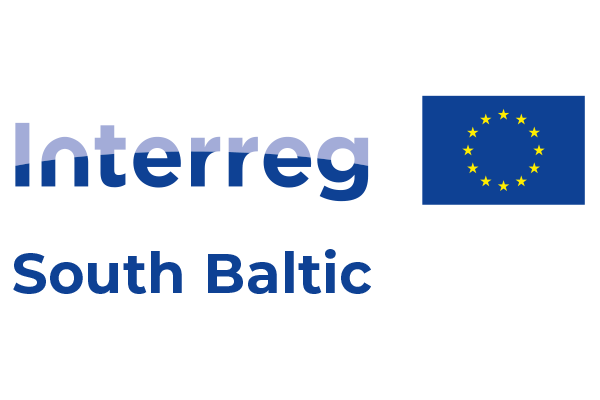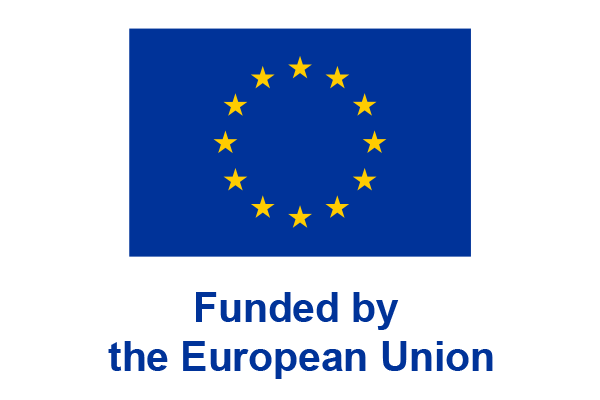

The project aims to promote the decarbonization of district heating systems and facilitate the transition towards sustainable and low-carbon solutions, by integrating renewable energy sources, energy efficiency, utilizing waste heat from industry and incorporating energy storage technologies. The heating and cooling sector consumes about half of the EU’s energy, 12% of heating is delivered by district heating systems which are fuelled mainly using coal and natural gas. Effective substitution of fossil fuels for heating/cooling systems is needed in respect to strategic goals: decarbonization, climate mitigation and reducing the ecological footprint, as well as energy security – reducing dependence on imported fossil fuels, including from hostile countries.
There are several key challenges in the field of DH, especially in large cities, that need to be considered: aging infrastructure, energy efficiency (heat losses, grid optimization and waste heat utilisation), integration of renewable energy, heat demand fluctuations, high initial (investment) costs, regulations and policy, decentralization and smart grids, heat prices and its affordability. Addressing these challenges requires a combination of technological advancements, policy support, public awareness, and collaboration among stakeholders, including policy makers, city authorities, heat and energy providers, urban planners, researchers, and residents.
Project focus on three key issues:
- Roadmap to decarbonization of district heating (DH) in South baltic region (SBR); it will base on review of current state and potential prospective solutions.
- Demonstration of innovative, decarbonized low temperature DH systems in SBR; through pilot projects in multiple municipalities, feasibility and benefits of sustainable district heating solutions will be presented. The financial, environmental, and social impact of implemented district heating will be considered. The energy efficiency measures will include thermo-modernization of building, grid monitoring, modernization of DH network taking into account real heat demand and heating grid in modernized buildings, heat storages, Power-to-Heat, and waste heat integration (including industrial sources, wastewater facilities, as well as hydrogen production systems, i.e. electrolysers). Recommendations for policy makers will be formulated.
- Capacity building and dissemination; recommendations related to study visit will be formulated, stakeholders will be engaged in the process of capacity building and series of seminar materials will be prepared for stakeholders. The activities include providing guidance, training, and financing recommendations to support the implementation of energy-efficient and renewable district heating plans.
By fostering collaboration and knowledge sharing among stakeholders, we aim to strengthen cross-border cooperation and promote the adoption of best. Our project contributes to the promotion of green cities, the overall sustainability and energy security of participating municipalities. It plays a crucial role in empowering municipalities with the necessary expertise and capacity to develop and implement sustainable district heating plans, leveraging the benefits of energy storage for enhanced flexibility and reliability. Through the development of guidelines and best practices, we aim to inspire and support other regions and municipalities in replicating successful district heating projects, accelerating the global transition towards a low-carbon future.
Partners will cooperate working in tandems including Expert Partner and Municipality/Municipal DH company.
Expected results:
- Significant reduction in carbon emissions
- New energy technologies will be promoted
- Successful transfer of pilot projects demonstrating the feasibility and benefits of sustainable district heating solutions
- Strengthened collaboration and capacity building, empowering municipalities to develop and implement sustainable DH plans
LEI activities in the Project
Keywords:
heat supply systems, heat supply, district heating, green energy, decarbonisation, energy efficiency, gebėjimų ugdymas, capacity building, energy security
Acronyms: DecarbonDHS
Project ID: tba
Call: Programme Measure 2.1 Supporting transition towards green energy (STHB.02.01-IP.01-001/23)
Total value of the project: 1 770 635,18 EUR (LEI part: 196 200 EUR).
Coordinator: Instytut Maszyn Przepływowych Polskiej Akademii Nauk, Poland.
Partners:
- Okręgowe Przedsiębiorstwo Energetyki Cieplnej Spółka z o.o., Poland
- IWEN Energy Institute gGmbH, Germany
- Lietuvos energetikos institutas (LEI), Lithuania
- Bornholms Energy & Forsyning A/S, Denmark
- Kretingos šilumos tinklai, Lithuania
- Kretingos rajono savivaldybės administracija, Lithuania
- Linnaeus University (LNU), Sweden
 |
The project is funded by the European Union’s “Interreg South Baltic Programme 2021-2027”. |
Project Team
| Name, surname | Office | phone. | |
|---|---|---|---|
|
LEI Representative |
|||
| Rimantas Bakas | 210-LK | +37037401930 | Rimantas.Bakas@lei.lt |
|
Project Team |
|||
| Eugenija Farida Dzenajavičienė | 207-LK | +37037401935 | Farida.Dzenajaviciene@lei.lt |
| Inga Briliūtė | 207/1-LK | +37037401841 | Inga.Briliute@lei.lt |
| Justas Šereika | 208-LK | +37037401978 | Justas.Sereika@lei.lt |





